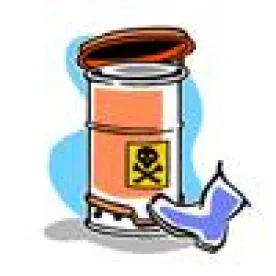The New Jersey Department of Environmental Protection (NJDEP) has announced a specific “Guidance Document” and protocol to assist Licensed Site Remediation Professionals (LSRPs) to address contamination that is suspected to be unrelated to a known discharge undergoing remediation. In essence, the roadmap provided by NJDEP addresses three basic scenarios where: (1) contamination is suspected to be unrelated to the subject site is identified on the subject site and the subject site is not a heating oil tank at a residential property; (2) contamination is suspected to be unrelated to the subject site is identified offthe subject site and the subject site is not a heating oil tank at a residential property; and(3) contamination is identified either on or off the subject site and the subject site is a heating oil tank at a residential property.
The State’s Guidance is instructive in deciphering when a property owner or tenant must, for example, notify NJDEP of a discharge, retain an LSRP and submit “electronic data deliverables.” The Guidance document also clarifies that where contaminants are encountered off-site in the midst of remediation and they are suspected to be unrelated to the subject site, the responsible party at the subject site does not have an obligation to investigate the source of the contamination unless that person is also a responsible party for the off-site property where the contamination was detected.
As always, NJDEP’s Guidance documents should be used for just that – guidance – and must be read in concert with applicable regulations and statutory frameworks.




 />i
/>i
